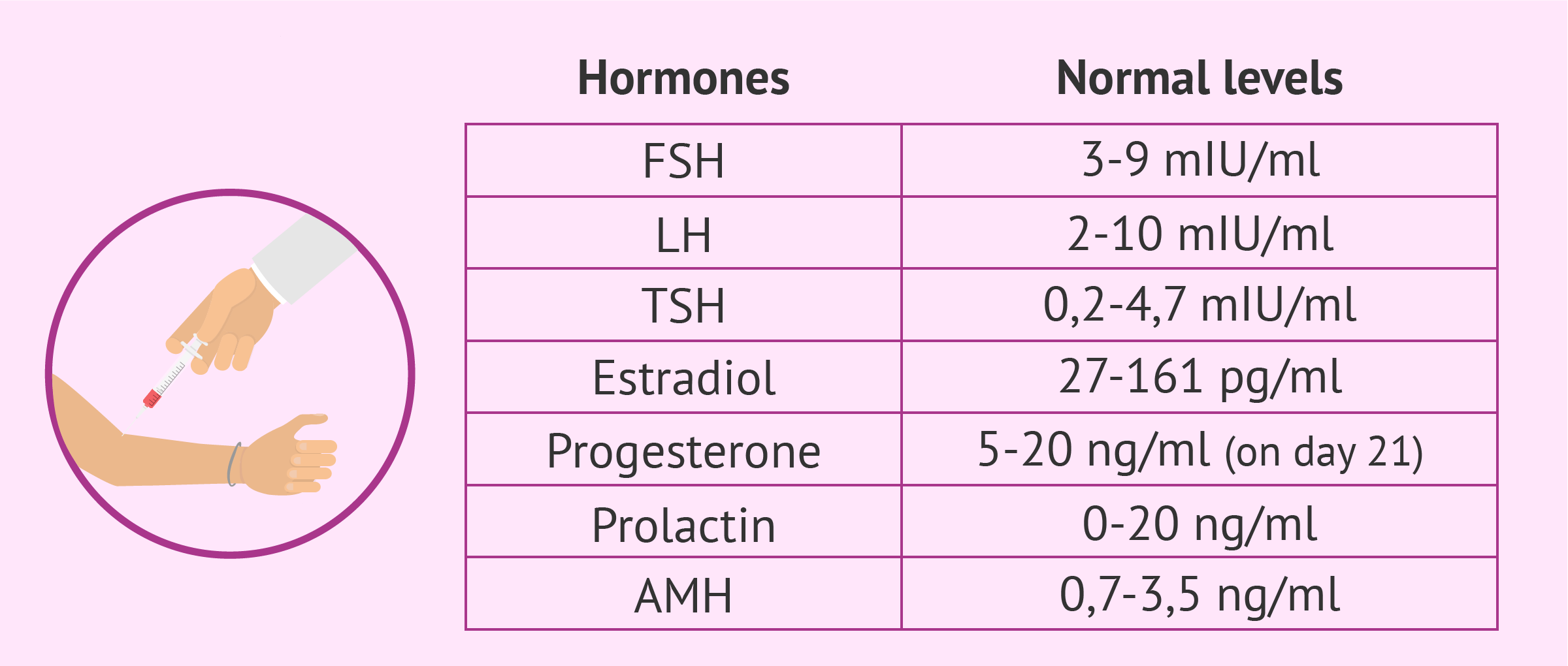Hormone Levels

Hormone Levels and Their Impact on Health
Hormones are chemical messengers produced by various glands in the body that regulate numerous physiological processes, including metabolism, growth, reproduction, and mood. Maintaining balanced hormone levels is crucial for overall health and well-being. Hormonal imbalances can lead to a variety of health issues, including metabolic disorders, reproductive problems, and mood disorders.
Key Hormones and Their Functions
- Produced by the pancreas, insulin regulates blood glucose levels by facilitating the uptake of glucose into cells. Imbalances can lead to diabetes mellitus.
Thyroid Hormones (T3 and T4):
- Produced by the thyroid gland, these hormones regulate metabolism, energy levels, and overall growth. Hypothyroidism (low levels) can cause fatigue and weight gain, while hyperthyroidism (high levels) can lead to weight loss and anxiety.
- Known as the stress hormone, cortisol is produced by the adrenal glands and helps regulate metabolism, immune response, and stress reactions. Chronic high levels can lead to conditions like Cushing’s syndrome.
Estrogen and Progesterone:
- These hormones are critical for female reproductive health. Estrogen regulates the menstrual cycle and reproductive system, while progesterone prepares the body for pregnancy. Imbalances can cause menstrual irregularities and fertility issues.
- The primary male sex hormone, testosterone is important for muscle mass, bone density, and libido. Low levels can lead to decreased energy, mood changes, and reduced sexual function in men.
- Produced by the pituitary gland, growth hormone is essential for growth and development in children and plays a role in metabolism in adults.
Factors Influencing Hormone Levels
Age:
- Hormone levels naturally fluctuate with age; for example, women experience a decline in estrogen during menopause.
- Diet, exercise, sleep patterns, and stress management significantly influence hormone production and balance.
Medical Conditions:
- Conditions such as polycystic ovary syndrome (PCOS), diabetes, thyroid disorders, and adrenal insufficiency can disrupt normal hormone levels.
Medications:
- Certain medications can affect hormone levels; for example, hormonal contraceptives alter estrogen and progesterone levels.
Assessing Hormone Levels
- Hormone levels can be measured through blood tests to assess imbalances or deficiencies.
Saliva Tests:
- Salivary testing is often used to measure cortisol levels throughout the day to assess adrenal function.
- 24-hour urine collection can provide information about hormone production over time.
Treatment Options for Hormonal Imbalances
Hormone Replacement Therapy (HRT):
- Used to treat deficiencies in hormones such as estrogen or testosterone; HRT can alleviate symptoms associated with hormonal imbalances.
Medications:
- Specific medications may be prescribed to address underlying conditions affecting hormone levels (e.g., thyroid medications).
- Dietary changes, regular exercise, stress management techniques (such as yoga or meditation), and adequate sleep can help restore hormonal balance naturally.
Nutritional Supplements:
- Certain vitamins and minerals (e.g., vitamin D, magnesium) may support hormone production and balance.
Conclusion
Maintaining balanced hormone levels is essential for overall health and well-being. Understanding the role of hormones in bodily functions allows for better management of health conditions related to hormonal imbalances. At DrStemCellsThailand‘s Anti-Aging and Regenerative Medicine Center of Thailand, we emphasize personalized approaches to address hormonal health through lifestyle modifications and advanced therapies tailored to individual needs.
For more information about our services or to schedule a consultation, please visit our website or contact our team directly.
Consult with Our Team of Experts Now!
References
- Hormonal Regulation in Health
This article discusses the roles of various hormones in maintaining health and the implications of hormonal imbalances.
DOI: 10.1016/j.jdiacomp.2020.107646 - Impact of Lifestyle on Hormonal Balance
This review highlights how lifestyle choices influence hormone production and balance in individuals.
DOI: 10.1016/j.stemcr.2021.05.005 - Assessment of Hormonal Levels
This study evaluates methods for assessing hormone levels in clinical practice and their relevance in diagnosing disorders related to hormonal imbalance.
DOI: 10.1016/j.biopsych.2018.03.006















